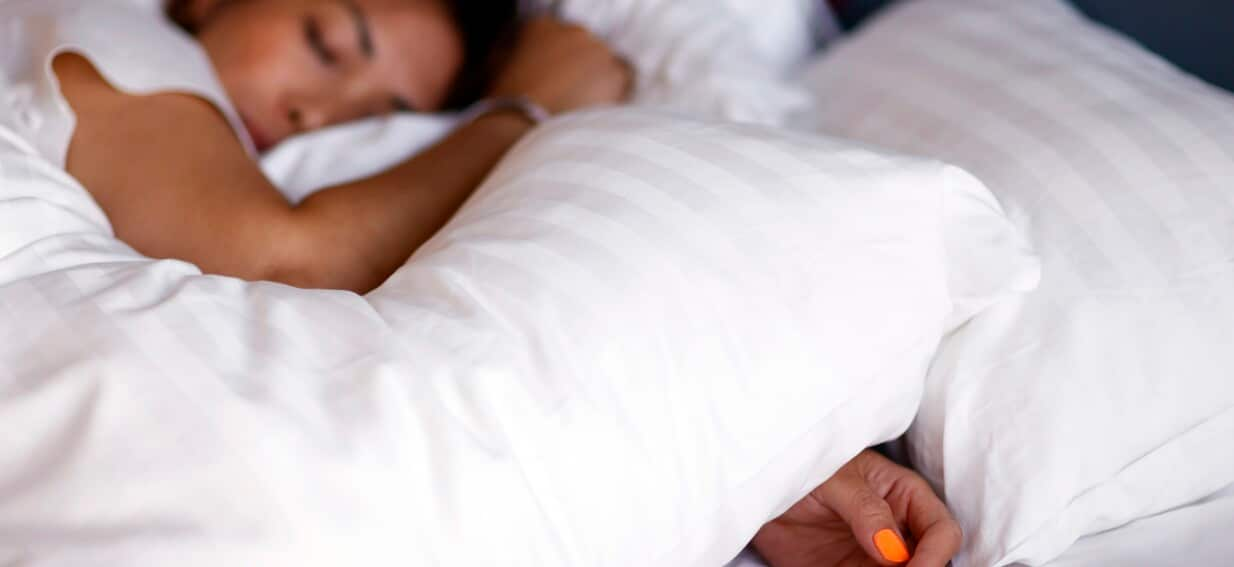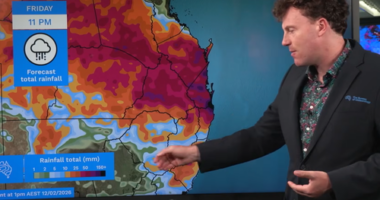Share this @internewscast.com

New research has highlighted how external factors, such as day, season, and location, can have a profound influence on human sleep patterns.
“Sleep patterns aren’t just about habits – they’re deeply connected to the environment around us,” lead author Hannah Scott from Flinders University said.
“Whether it’s daylight hours, temperature, or our weekly routine, these external factors have a surprisingly strong influence on the quality and quantity of our sleep and wellbeing.
“It is normal to experience variations in our sleep across the seasons, and this seems partly driven by where we live.”
The research shows that people sleep 15 to 20 minutes less in summer on average, and then 20 to 35 minutes longer in winter. It also found that most of us go to bed at least 30 minutes later on weekends.
Another key finding was that participants had more irregular sleep patterns during the holiday period from December to January in both hemispheres.
The research warns that “irregular sleep” negatively impacts “physiological and psychological functioning and health”.
73 million nights of data
The results were derived from 73 million nights’ worth of sleep data collected from about 116,000 adults worldwide between January 2020 and September 2023.
The data was gathered by a sleep analyser, which was positioned under the mattresses of participants.
According to the researchers, although the study is one of the largest of its kind, it is skewed towards tech-savvy individuals who were already regularly using sleep tracking devices.
Factors such as pets, kids, or sleeping partners weren’t included in the research.
“Still, the research marks a major step forward in understanding how human sleep is shaped by our surroundings,” senior author Danny Eckert said.
“It’s a reminder for us to be mindful of the clock, the calendar, and even the seasons when it comes to getting a good night’s rest.”
However, day, season, and location are not the only things impacting sleep patterns.
Factors such as “family responsibilities”, “work commitments”, “socialising”, “bedtime procrastination”, and “biological factors” also contribute to irregular sleep.
It also found that the further you live from the equator, the more the sleep pattern varies from season to season.
This means Australians in Melbourne or Hobart may feel the impact of the seasonal shift more than those in Queensland or the Northern Territory.
Researchers also observed a gradual decrease in overall sleep duration during the study period, as participants slept about 2.5 minutes less each night from 2020 to 2023.
The researchers think this might be due to the ongoing effects of the COVID-19 pandemic.
Eckert thinks the study should serve as a wake-up call for public health.
“Irregular sleep is more than just feeling tired – it can be a health risk, and understanding how our routines and environments affect sleep is a helpful step towards improving it.”












